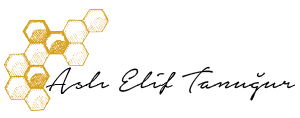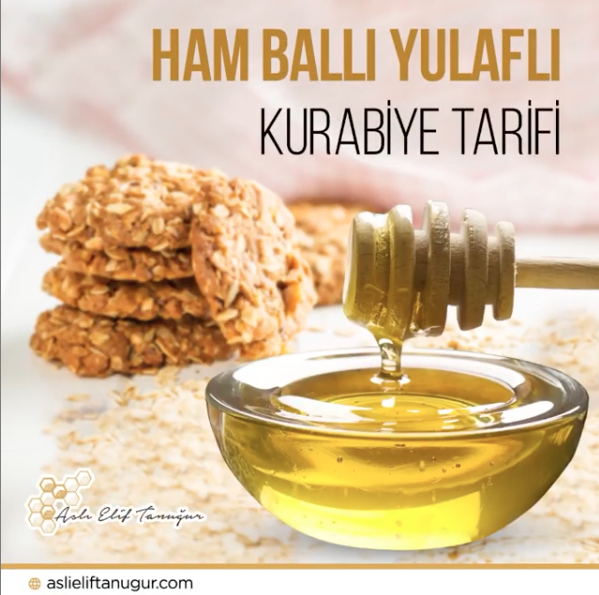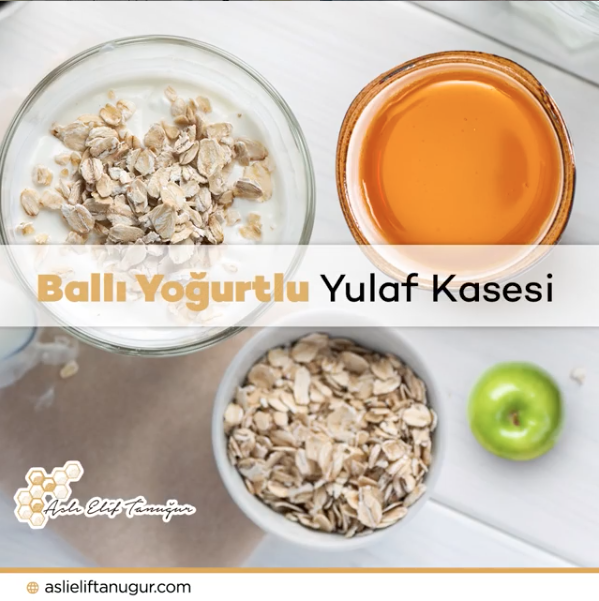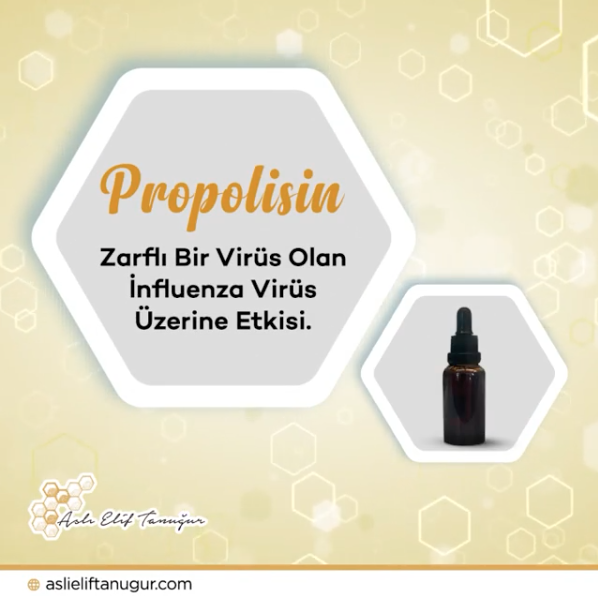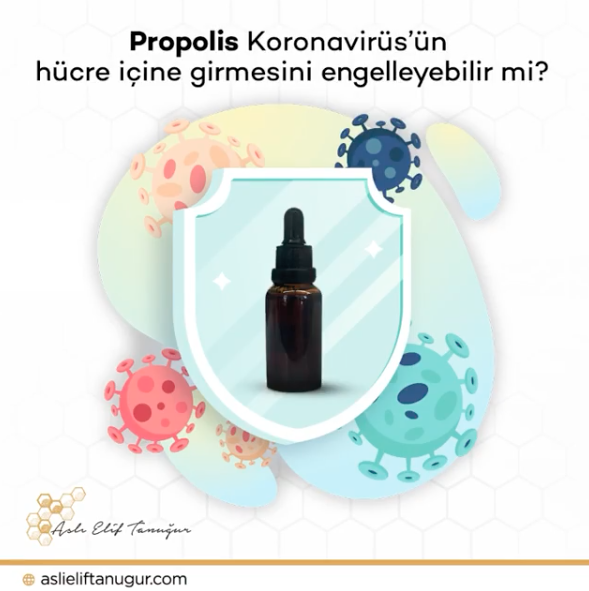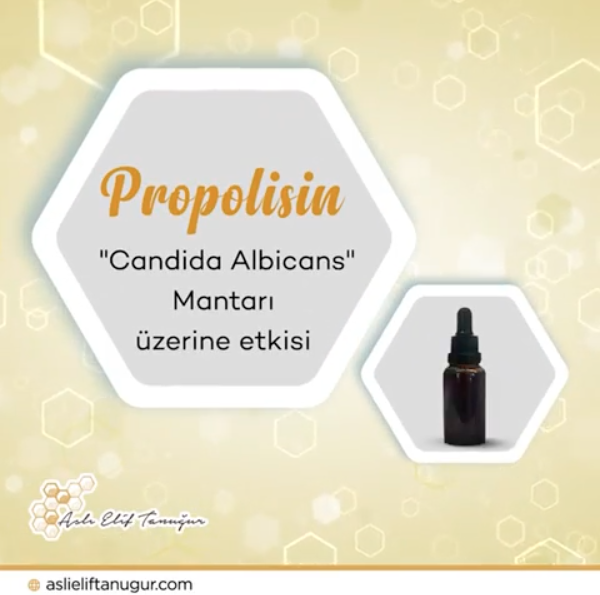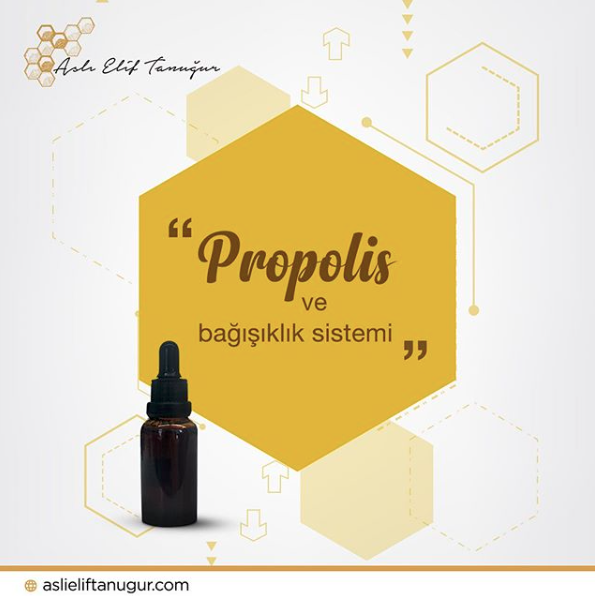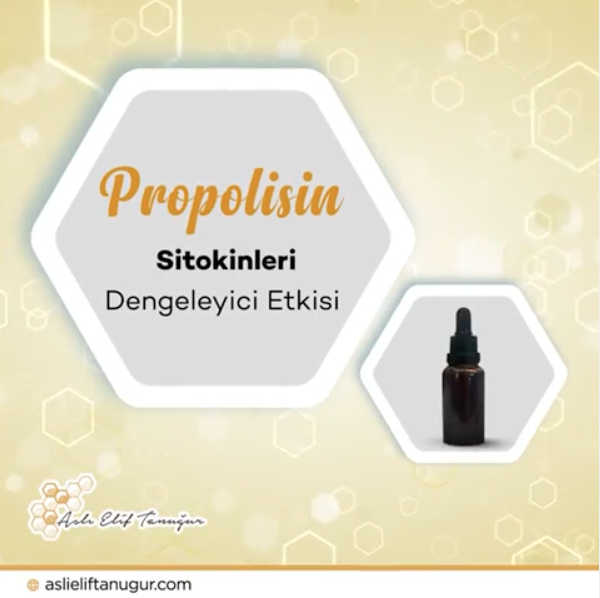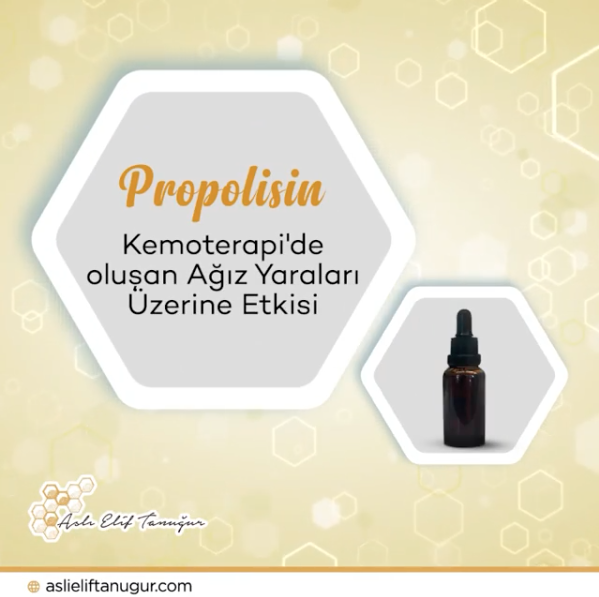Recent reports demonstrate that the COVID-19 virus binds to the ACE-2 enzyme on the cell membrane, facilitating its entry. Then the virus leaves its RNA for multiplication, resulting in the development of pneumonia and many symptoms such as shorth breathing. So, a critical question is what compounds or drugs prevent the entrance of the virus into our cells. Many scientific studies propose that symptoms of viral infection can be reduced and controlled by blocking the ACE-2 enzyme binding sites. Is propolis capable of inhibiting the ACE-2 enzyme? "A scientific study conducted at Florida University in 2008 reported that ACE, the angiotensin-converting enzyme, is responsible for making ACE2 enzyme from ACE1 protein. In other words, it means that if there no ACE enzyme in the environment, there would be no ACE2 enzyme present in the cells. That means viruses cannot enter into the cells and multiply.
